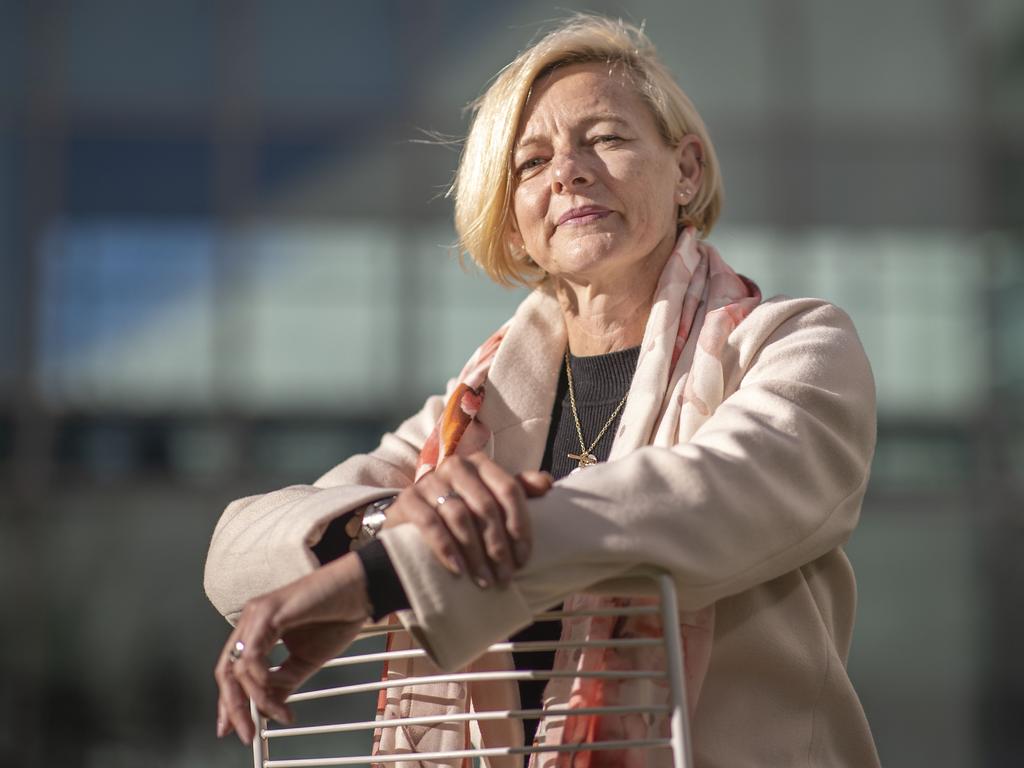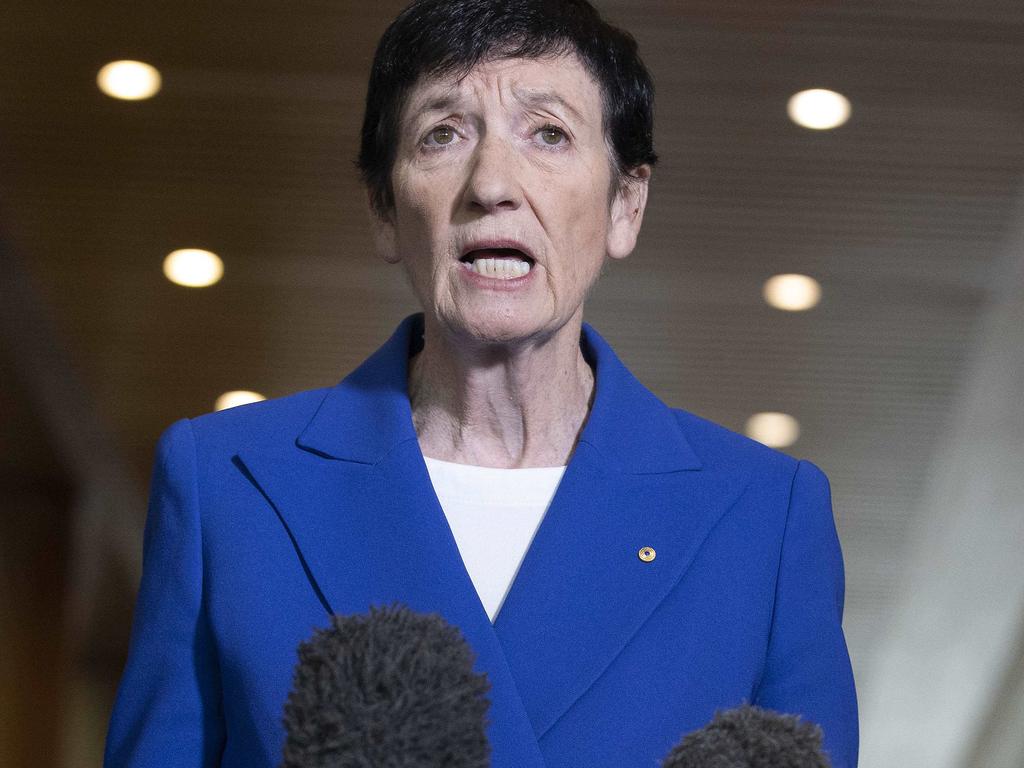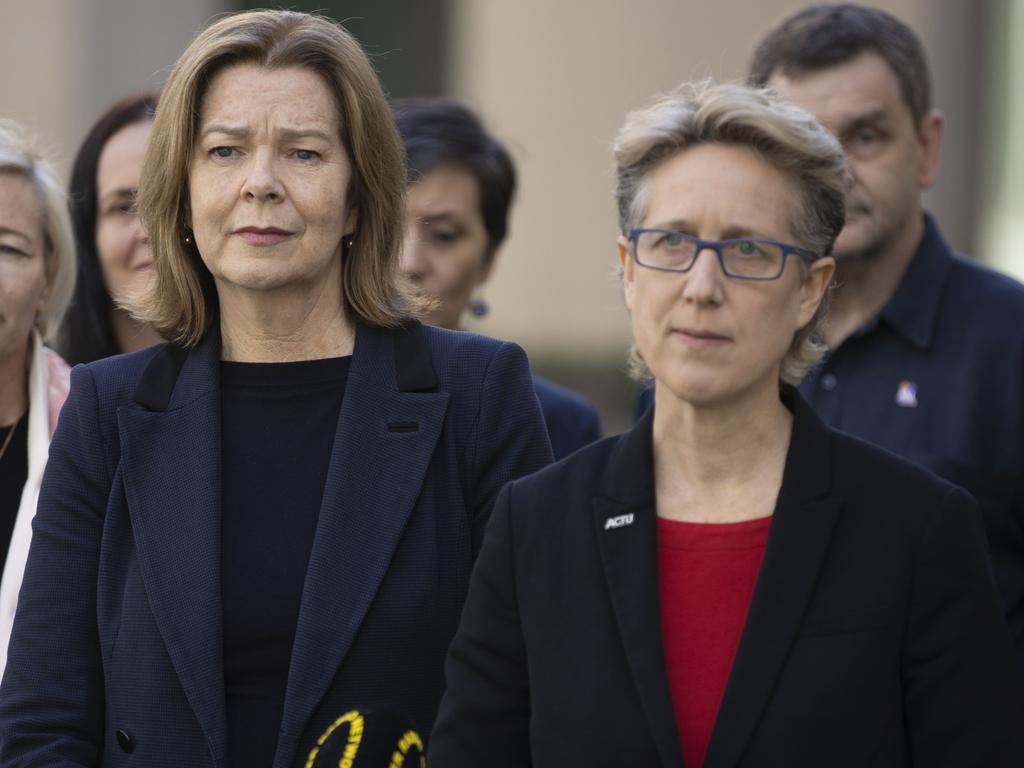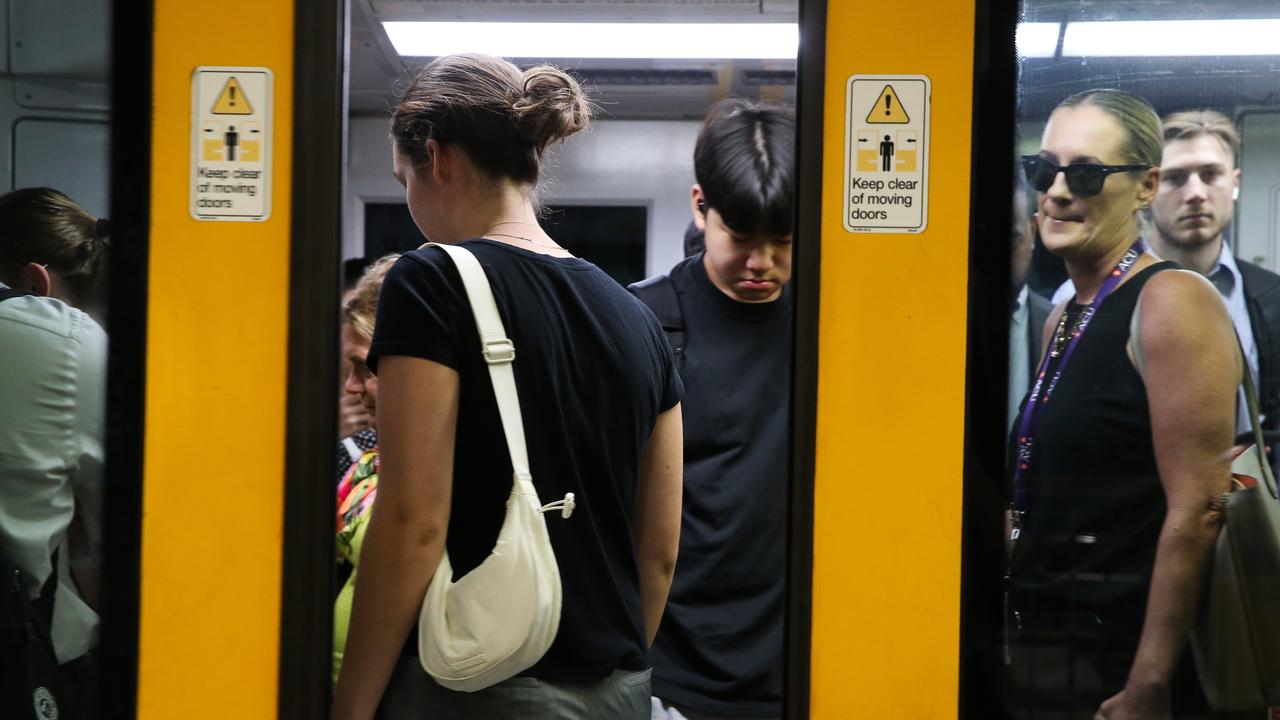Australian workers at jobs summit call for employment overhaul
Australian workers who have arrived in Canberra for a major event are pushing for one big change to help lift their wages.

Sydney mother Janene says there’s been an irony about her 30-year career as an early childhood educator.
She’s missed out on spending time with her own children – because she’s always had to work a second job.
The 51-year-old has had a second life as a cheesecake shop worker, a swim teacher and election scrutineer, among other things, in order to earn enough to support her family.
Janene, who asked for her surname not to be used, is one of a group of Australian workers attending the jobs and skills summit in Canberra who say they are determined to fight for an overhaul of the way wages are negotiated.
“I had that goal to break that cycle that I grew up in, of poverty, and to really work hard. And my parents really encouraged me to do that,” she said.
“I thought it was going to be all I needed to do – I got myself into uni, I got my degree and I thought, ‘Right, I’ve made it.’
“But that wasn’t enough, because the wages were so low.”

Janene will support the peak union body’s push for changes to fair work laws to include collective or multi-employer bargaining arrangements.
The proposal would allow multiple workplaces to work together to make employment agreements and negotiate wages.
The Australian Council of Trade Unions says workers need to be the focus of the summit, which is bringing together representatives from business, the public sector and the union movement at Parliament House across Thursday and Friday.
“It shouldn’t be acceptable to anyone at the job summit that the profit share of national income is going up at the same time that the wages share is at historic lows,” Australian Council of Trade Unions secretary Sally McManus told reporters in Canberra.
“It’s absolutely essential that we move forward with new collective bargaining models. It should be obvious to everyone that it is needed.”

The union movement’s push for collective bargaining is expected to be met with resistance from some employer groups.
Business Council of Australia chief executive Jennifer Westacott said she would review the unions’ detailed proposal, but that she had serious concerns about it.
“I think across the economy, this would be a very risky thing to do, and would have some very serious, unintended consequences,” she told the ABC.
“What we want, of course, is to make the enterprise system better, easier and for people to just get on and do it.”
Ms Westacott said the business council wanted to work with the ACTU to achieve common goals, including for Australians to have higher wages and for enterprise bargaining to be “reinvigorated”.

The Albanese government has faced criticism over the summit, including accusations its guest list is too union-heavy, given a quarter of the 143 invitees for the event are from trade unions.
Treasurer Jim Chalmers said the government had tried to strike a good balance, but acknowledged not everyone who wanted to attend could be accommodated.
Deputy Prime Minister Richard Marles insisted businesses would be represented at the summit “in force”.
“People are desperate to be there, and that’s a great sign. People want to get around the table to have this conversation, to solve this problem,” he told Today.
“And we’re really confident that when you govern in this way, when you get people around the table and have the conversation that the country needs to have, we can get solutions.”



